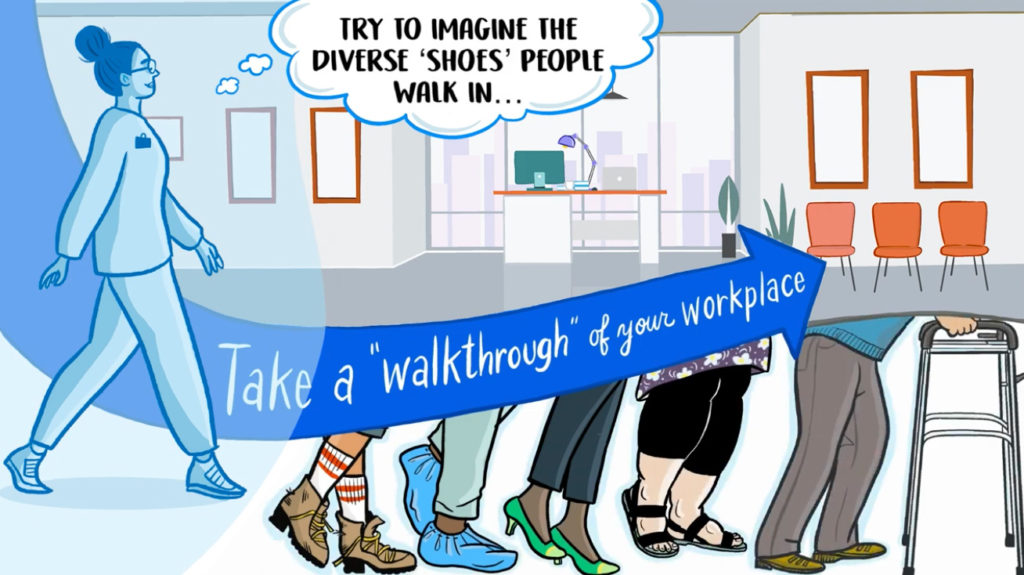
Stigma and discrimination associated with substance use, known as substance use stigma, contribute directly to significant harms and barriers to care. Due to widespread negative attitudes towards substance use issues, people are often treated in disrespectful or discriminatory ways in health care settings.
Now a team of researchers at UBC Faculty of Applied Science and Western University are offering a suite of tools and strategies to ensure that people who experience substance use stigma can receive better care in the future.
“Stigma and discrimination make it very hard for people to seek care, particularly if they’re Indigenous, or are assumed to have a history of substance use,” says Dr. Colleen Varcoe, principal investigator and professor emeritus at UBC School of Nursing. “They expect that they’ll be judged, disrespected or denied care because they are assumed to be ‘faking it’ or to be looking for drugs.”
“The action kit supports engaging with people with experiences of stigma and poor care, meaning that their voices are always heard and prioritized,” says project co-lead Dr. Nadine Wathen, a professor at the Arthur Labatt Family School of Nursing at Western University. “These tools support large-scale implementation efforts to catalyze organizational and system change and improve health and social services and health outcomes.”
The project is part of Equip Health Care, a key initiative of the EQUIP research program at UBC, Western and University of Northern British Columbia that is developing initiatives to improve health equity in health care and social service settings.
Please visit the Applied Sciences website to read the full story.
Through Strategy 16: Public Relevance, UBC is working to align our efforts more closely with priority issues in British Columbia and beyond